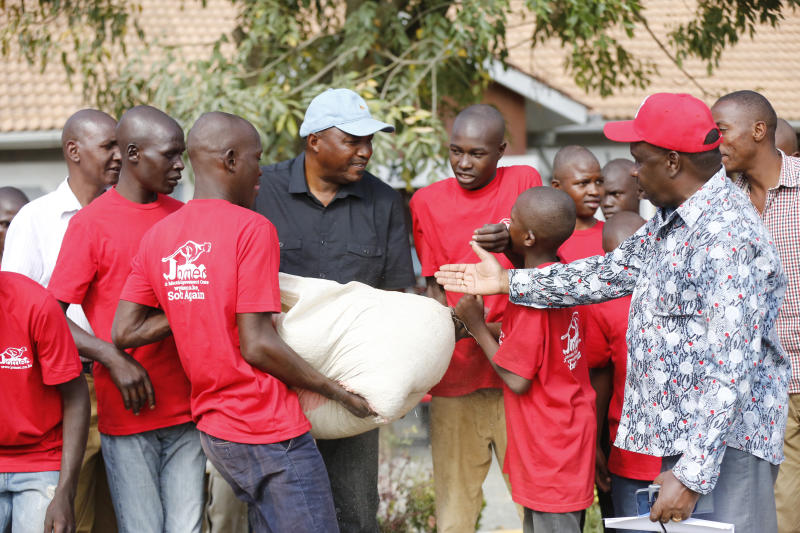
In regard to human dignity, Articles 27, 28 and 53 of the Constitution of Kenya should be taken literally. Yet recent events in Nakuru exemplify the bestiality inherent in leaders; people elected to look after the welfare of ordinary citizens, but who have since turned guns on them.
By the victims’ own count, 41 street children, having been duped into believing they were being taken to a place that would offer them a chance for a fair shot in life, ended up abandoned in a forest in Baringo County. Their tormentors might have banked on wild animals doing what they intended, but could not bring themselves to do.